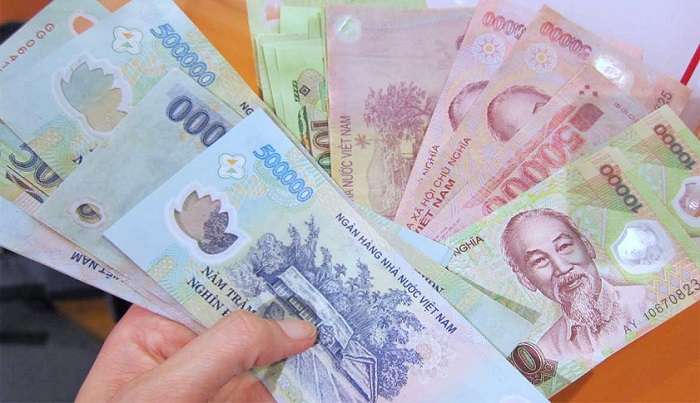
Vietnamese Currency Guide: How to Handle Money During Your Trip
- on Apr 24, 2025 By: Phuong Mai NGUYEN
If you’ve ever dreamed of being a millionaire, Vietnam might just make that dream come true, at least on paper! With an exchange rate of around 26,000 VND for 1 USD, you could easily find yourself holding a million dong. For just $40 USD, you're officially a millionaire in Vietnam—but don’t get carried away; it's not quite what it seems. That amount can cover some shopping, but smart budgeting is still key. The Vietnamese currency, the dong (VND), is full of surprising quirks, and understanding it will save you confusion when dealing with all those extra zeros.
Vietnamese Banknotes: A Colorful Variety
Vietnamese banknotes range from 500 VND (about $0.02 USD) to 500,000 VND (around $20 USD). Despite their bright and vibrant appearance, the numerous zeros on each note can make managing cash a bit tricky at first. The most common denominations are 10,000, 20,000, 50,000, 100,000, and 200,000 VND. The highest value note, 500,000 VND, can be difficult to use in small local shops, which often prefer smaller bills. Meanwhile, low-value notes like 200 or 500 VND have practically disappeared from everyday use. Though this system can be confusing for newcomers, you'll get the hang of it over time.
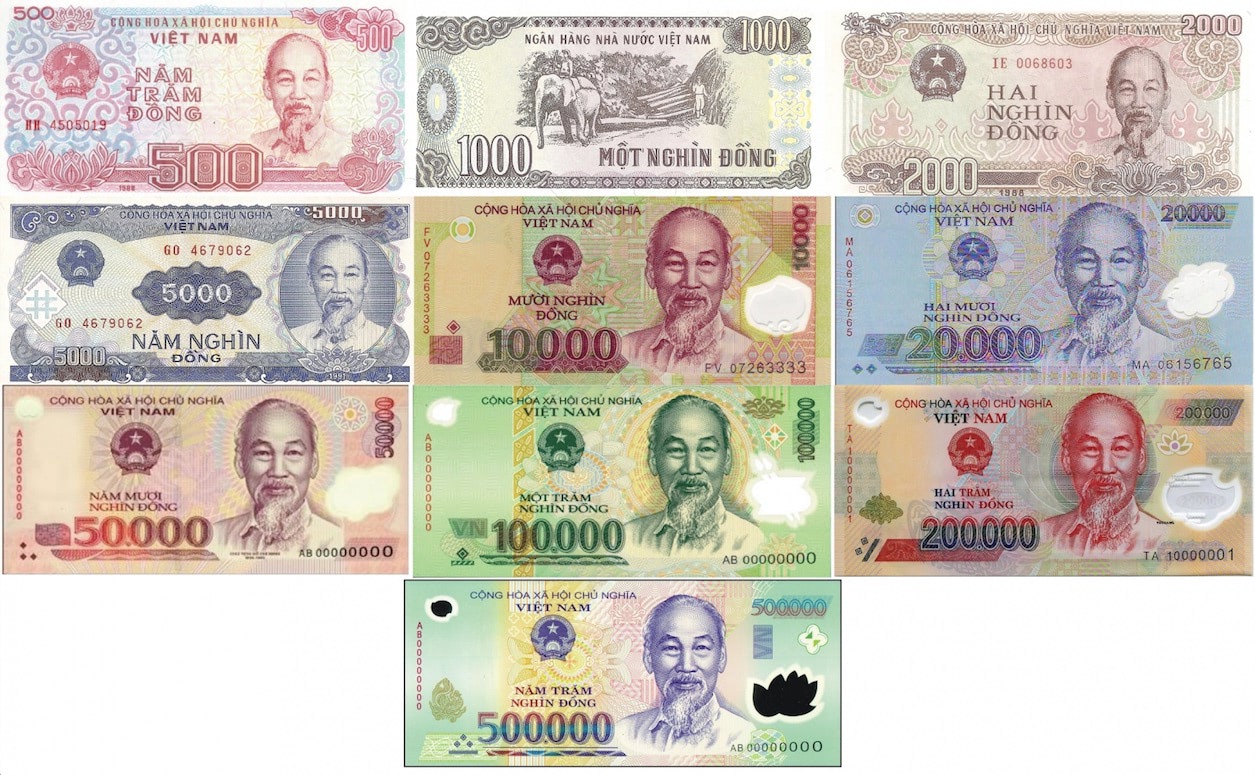
Oh, and in Vietnam, we don't use coins.
Where to Exchange Money in Vietnam?
Before you dive into the local scene, exchanging your money is a crucial step. While airports may seem convenient, they usually offer less favorable exchange rates. Banks like Vietcombank, ACB, and Techcombank are reliable but may still fall short compared to private currency exchange shops. For the best rates, head to jewelry and gold shops, especially in Hanoi’s Old Quarter or in Ho Chi Minh City (Saigon). These local vendors often offer more attractive rates than banks.
Travel Tip: If you are in Hanoi, jewelry shops on Ha Trung Street in the Old Quarter offer an excellent exchange rate—better than any local bank. Transactions there are quick and hassle-free, but always ensure the place is trustworthy. In Vietnam, where small businesses still dominate, it's wise to stick to well-known, reputable neighborhoods.
Hotels, while convenient, rarely offer competitive rates. To stay flexible, plan to visit several exchange points and compare offers.
ATMs and Withdrawing Cash in Vietnam
ATMs are widely available in major cities, though some locations may surprise you with their fees. In tourist areas like Pham Ngu Lao in Ho Chi Minh City, ATM withdrawal fees can reach up to 2%.
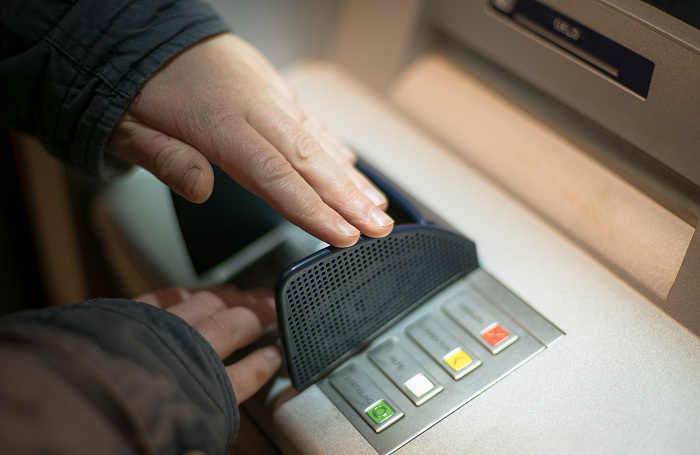
Note that ATM withdrawals are usually capped between 4 and 9 million VND per transaction, which might not be enough if you need a large sum. No worries—you can make multiple withdrawals.
Using Credit Cards in Vietnam: An Increasingly Popular Option
If you rely on international credit cards like Visa, MasterCard, or even American Express, you’ll find that they’re accepted in many hotels, restaurants, and shops in big cities like Hanoi, Ho Chi Minh City, and Da Nang. But always check what conversion fees your bank charges—these can range from 1% to 3%.
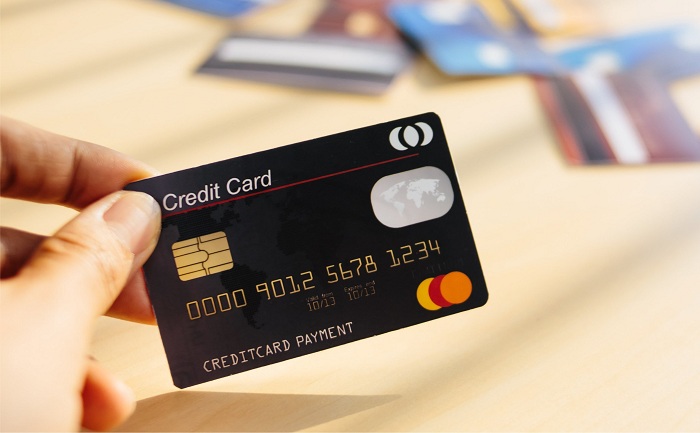
In rural areas or local street shops, card payments are uncommon. Many travelers now use international debit or prepaid cards to manage their expenses more easily. A useful tip: enable notifications on your card so you’re instantly alerted for each transaction.
Fun Facts About Vietnamese Money
Vietnamese currency has its own peculiarities that even locals accustomed to it can make mistakes. For example, VND banknotes are made from a highly resistant polymer material, which makes them durable but also a little slippery. Therefore, it is for the best that you keep them in your wallet instead of shoving them in your pocket with other items to avoid any accidental loss.
Another case: the 20,000 VND and 500,000 VND notes are visually similar, leading to frequent confusion, even among locals. Always double-check your bills before paying. Some vendors might give you change based on a lower-value note if you make a mistake.
Practical Tips to Avoid Common Mistakes
- Be careful with small denominations. If you have a 500,000 VND bill and you buy something for 10,000 VND, it's best to have change on hand to avoid confusion.
- Avoid street currency exchanges. Although some street vendors offer seemingly great rates, these transactions are illegal and risky.
Becoming a Millionaire in Vietnam—Yes, Really!
Sure, you can technically become a millionaire in Vietnam, but that doesn’t mean you’re rich. A handful of dong only gets you so far. That said, Vietnam offers an incredible value-for-money experience, from world-class cuisine to breathtaking landscapes. With a little planning and by following these tips, you’ll be ready to explore the country stress-free while keeping your budget under control!
Related articles:
>> Trip to Vietnam and Unexpected Experiences you might have
>> How to Organize Your First Trip to Vietnam: An Ultimate Guide
 Español
Español Français
Français








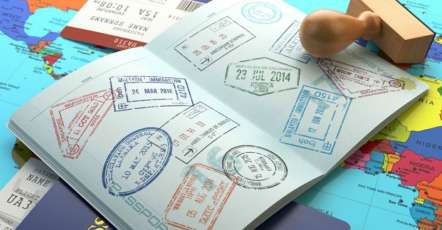









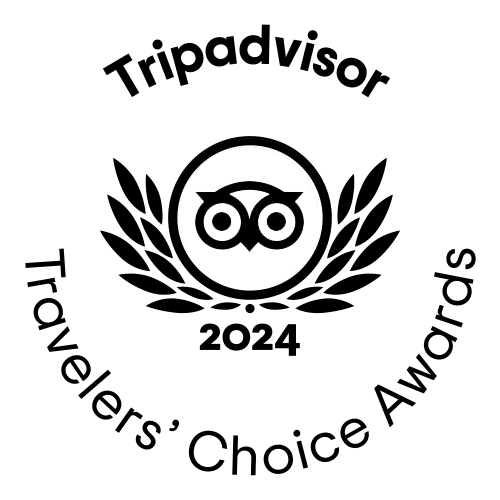

Morgane Ter Cock
on Dec 18, 2025HerbertPhomaMS
on Oct 19, 2025Lilyan Cuttler
on Oct 15, 2025Avenue17XC
on Sep 14, 2025Avenue18JL
on Jul 21, 2025